How Salad Africa is measuring social impact in SME financing
Social impact refers to significant or positive changes that solve or address social injustices and challenges faced by individuals and businesses.
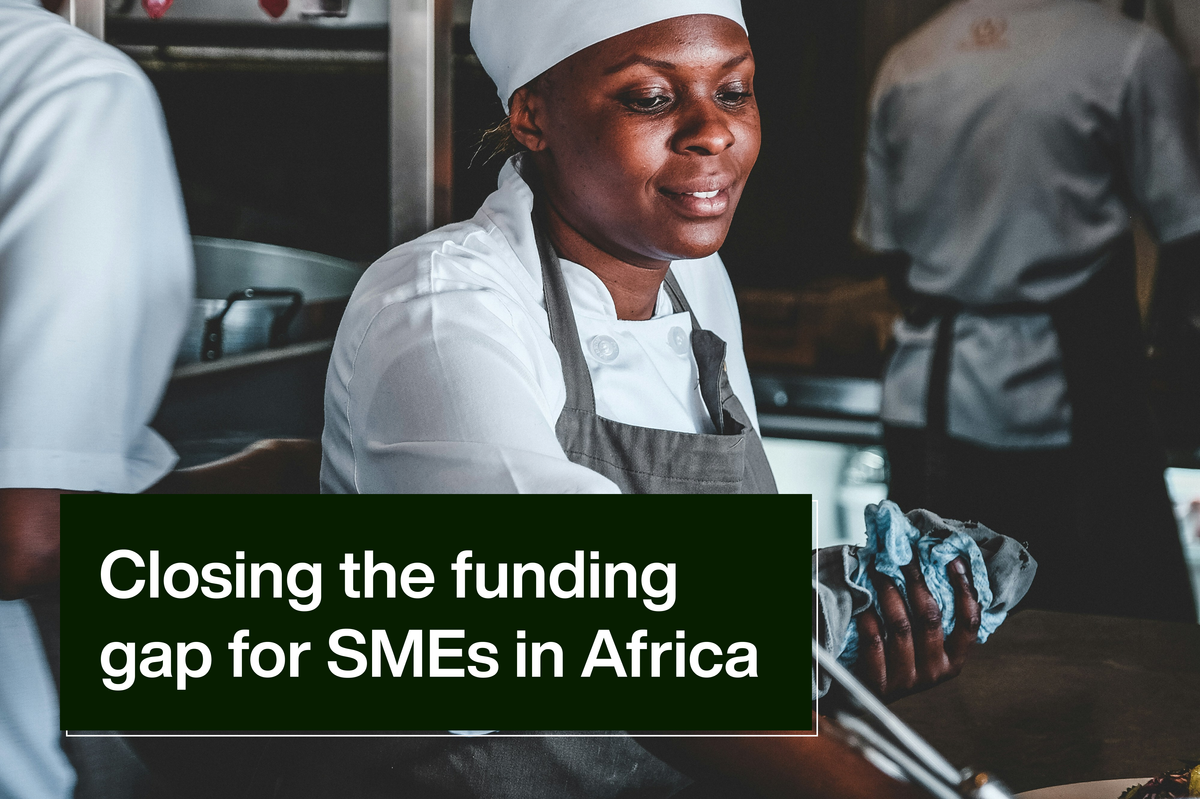
Social impact refers to significant or positive changes that solve or address social injustices and challenges faced by individuals and businesses.
At Salad Africa, we believe that measuring our social impact is equally as important as tracking our financial goals. We are committed to achieving at least 50% of our targeted metrics by 2025. Our thinking is: if we aren't making a difference in the SME financing sector, then what's the point?
Social impact tracker: what we are measuring and why?
We want to do more than just close the SME funding gap in Africa—we are committed to transforming lives, economies, and underserved communities and businesses.
Let's take a closer look at the metrics we are currently tracking and the SDGs we are committed to tracking in 2025:
Metric #1: Financial inclusion
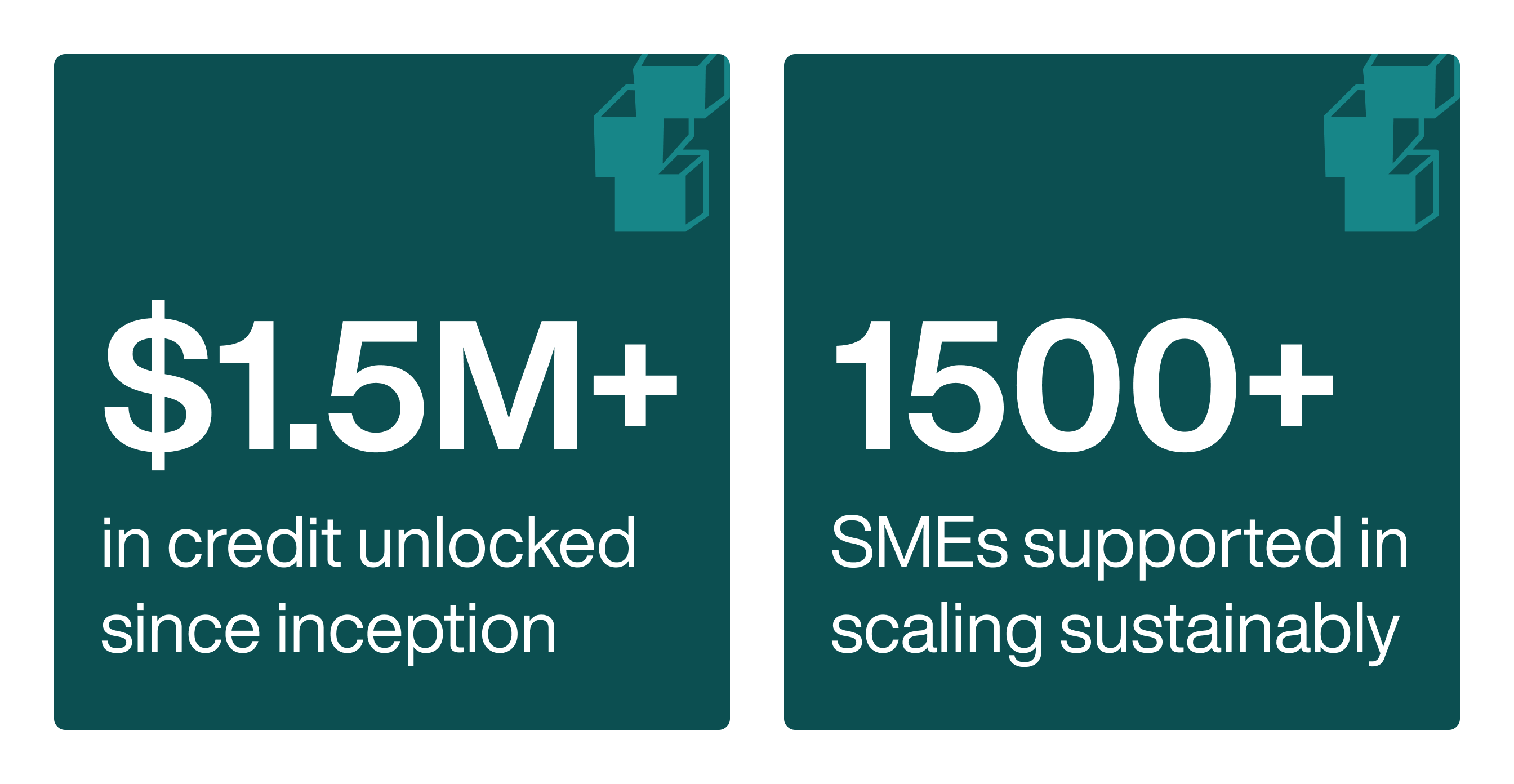
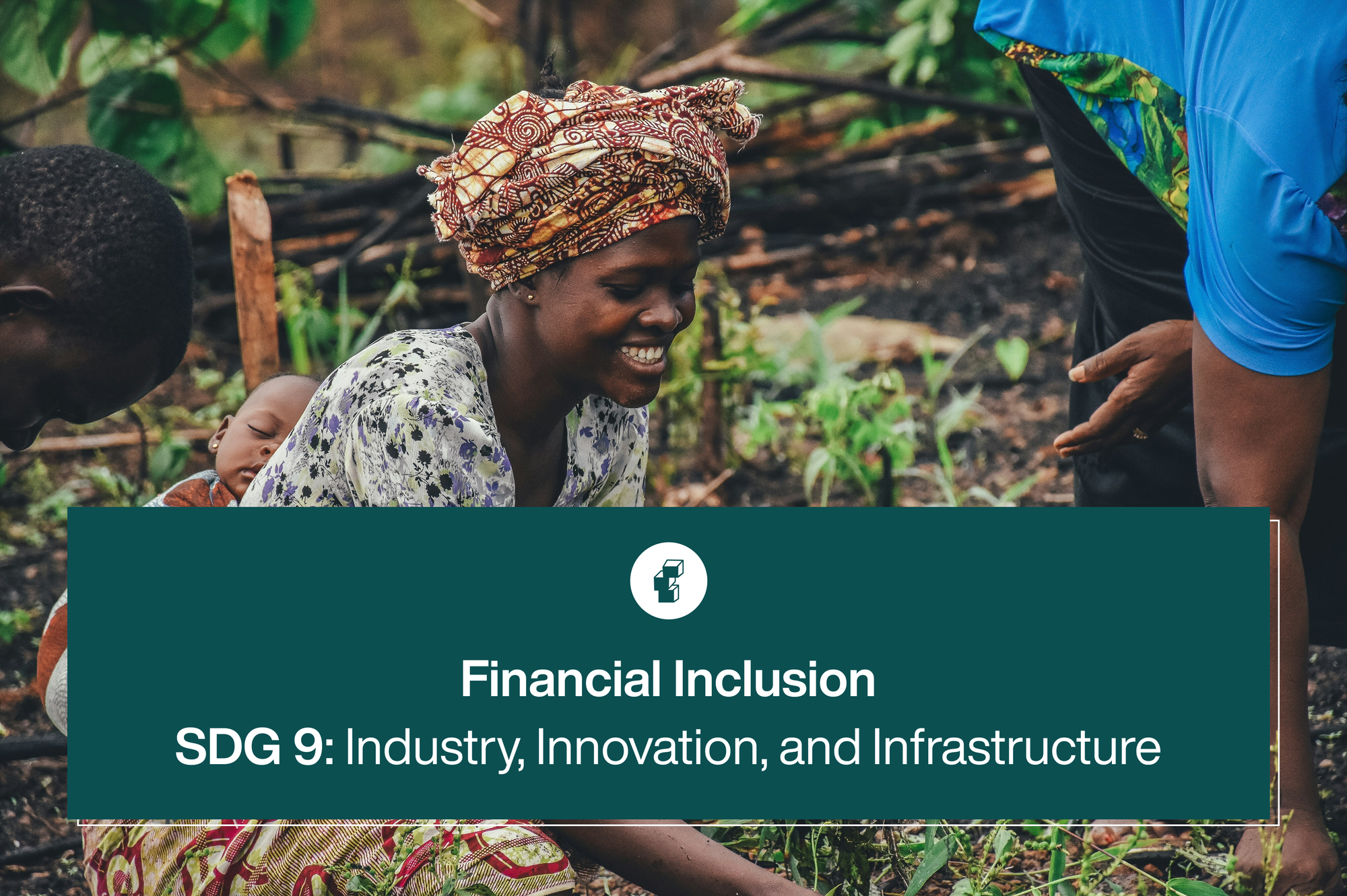
Metric #2: Job creation (direct and indirect)
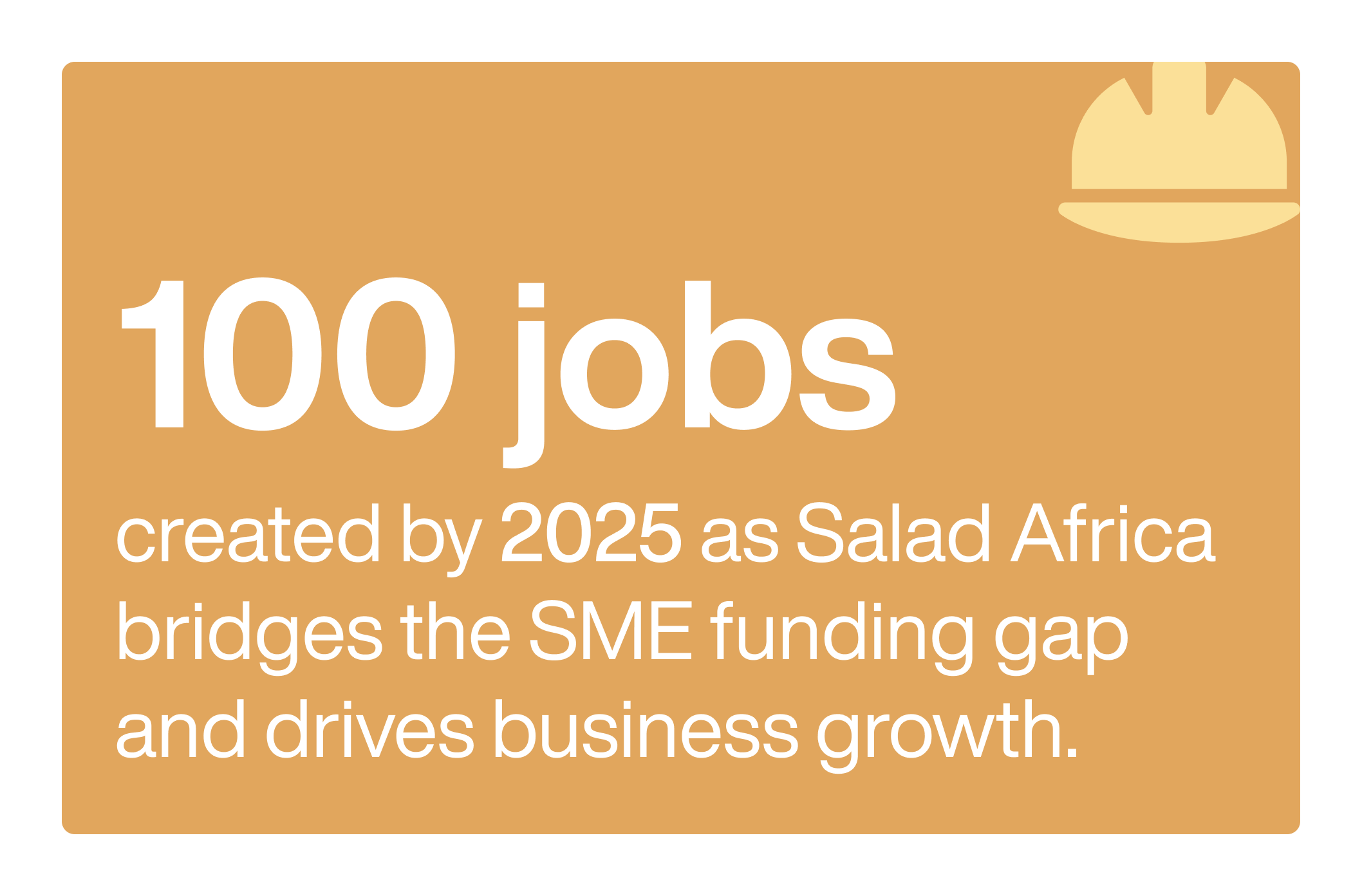
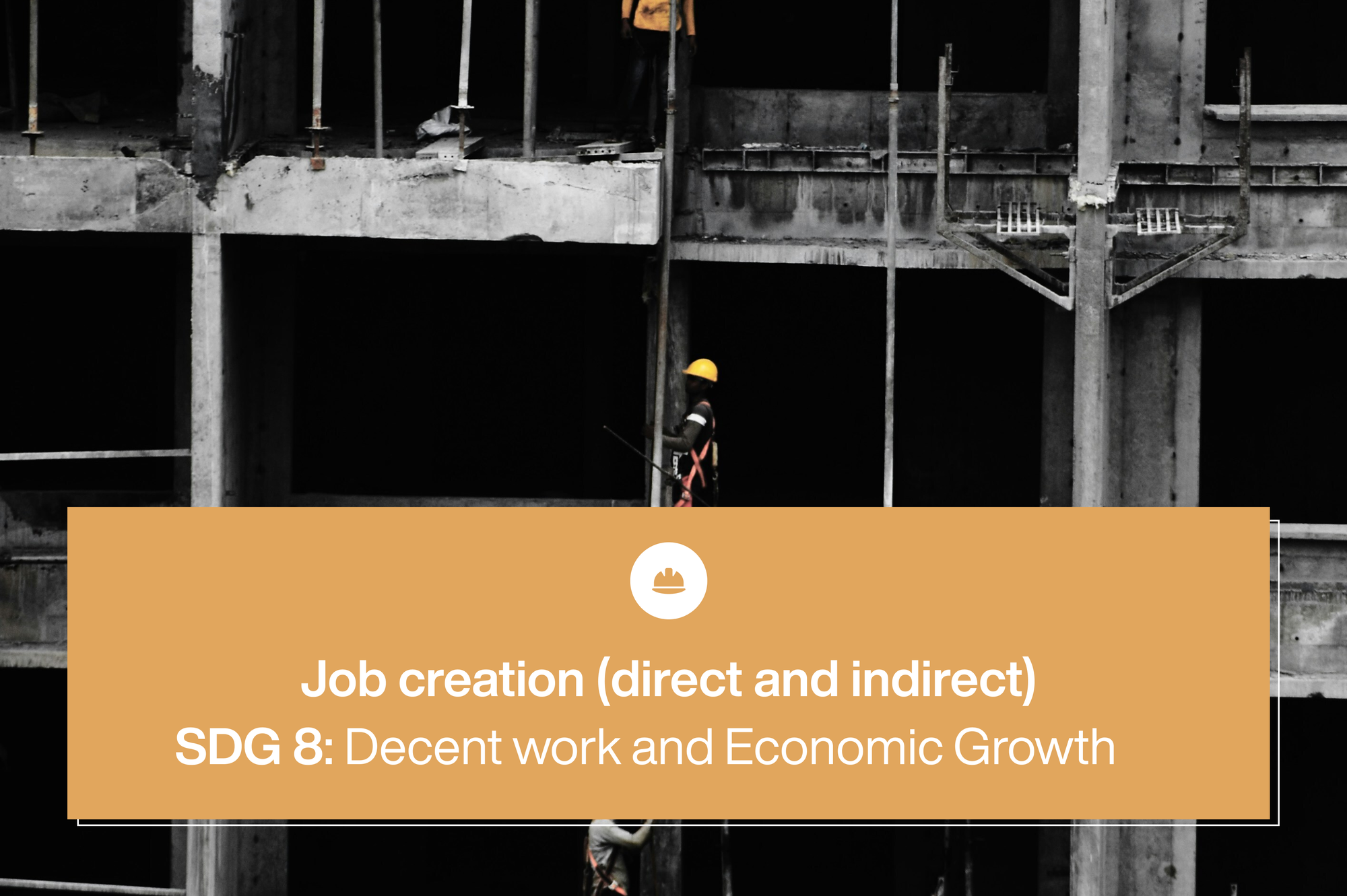
Metric #3: Gender inclusion
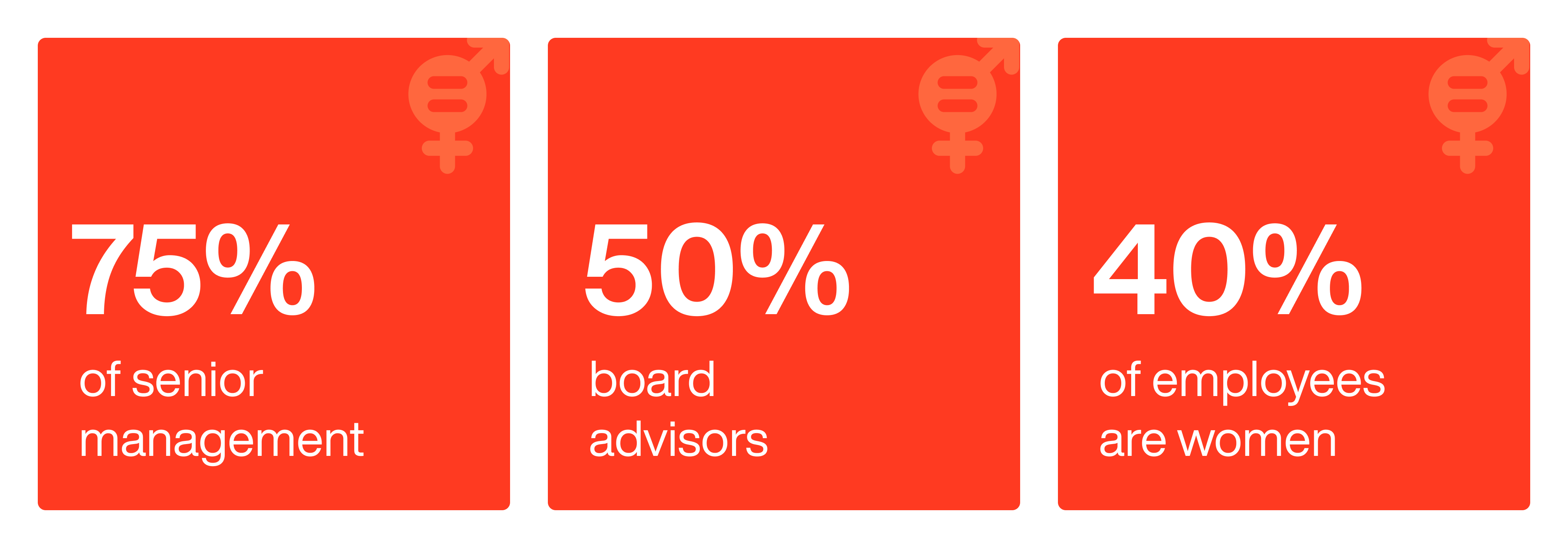
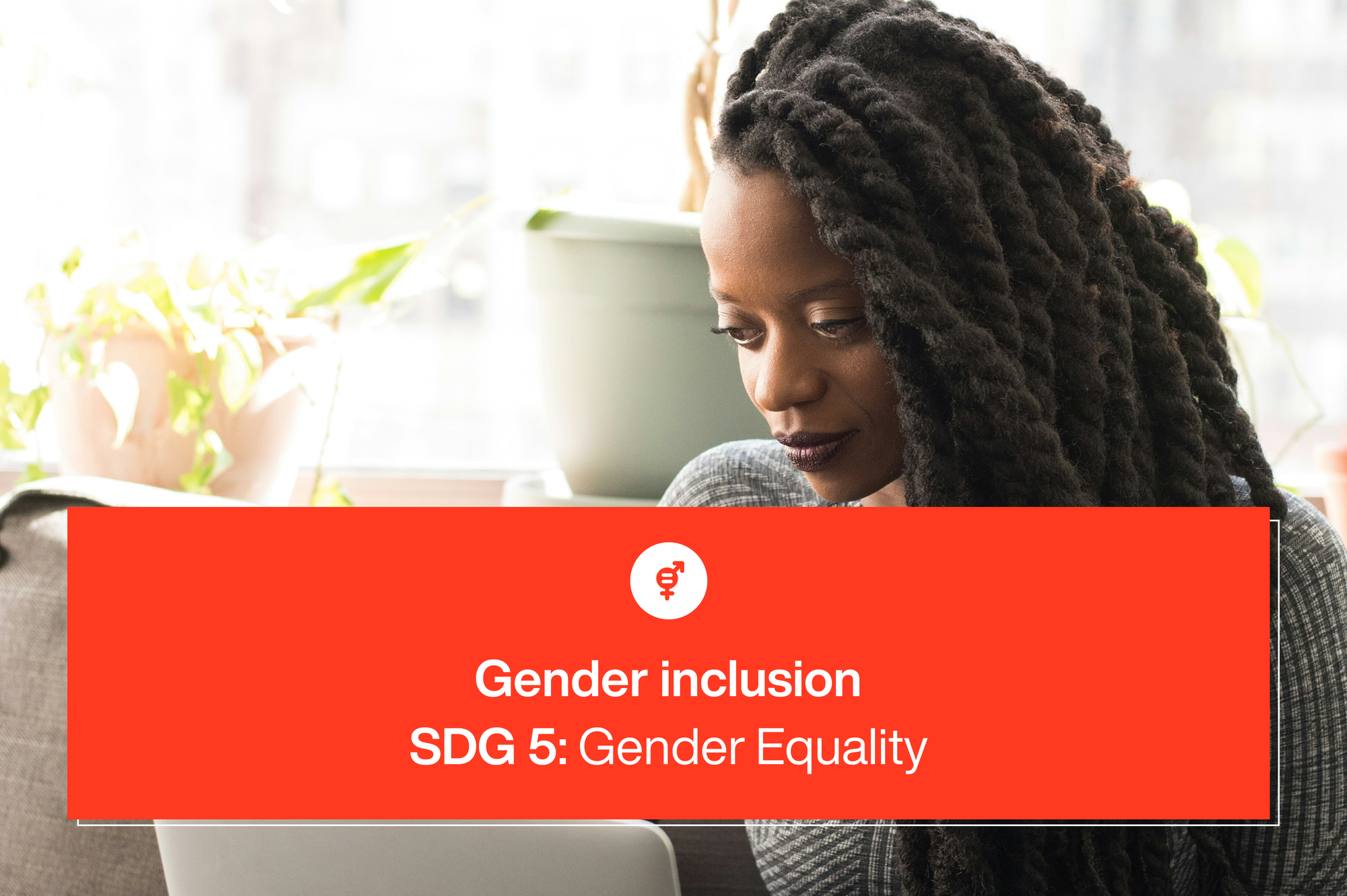
Metric #4: Value chain prosperity
We are committed to tracking the increase in business revenues and financial stability for the SMEs and lending partners in our funding portfolio and ecosystem.
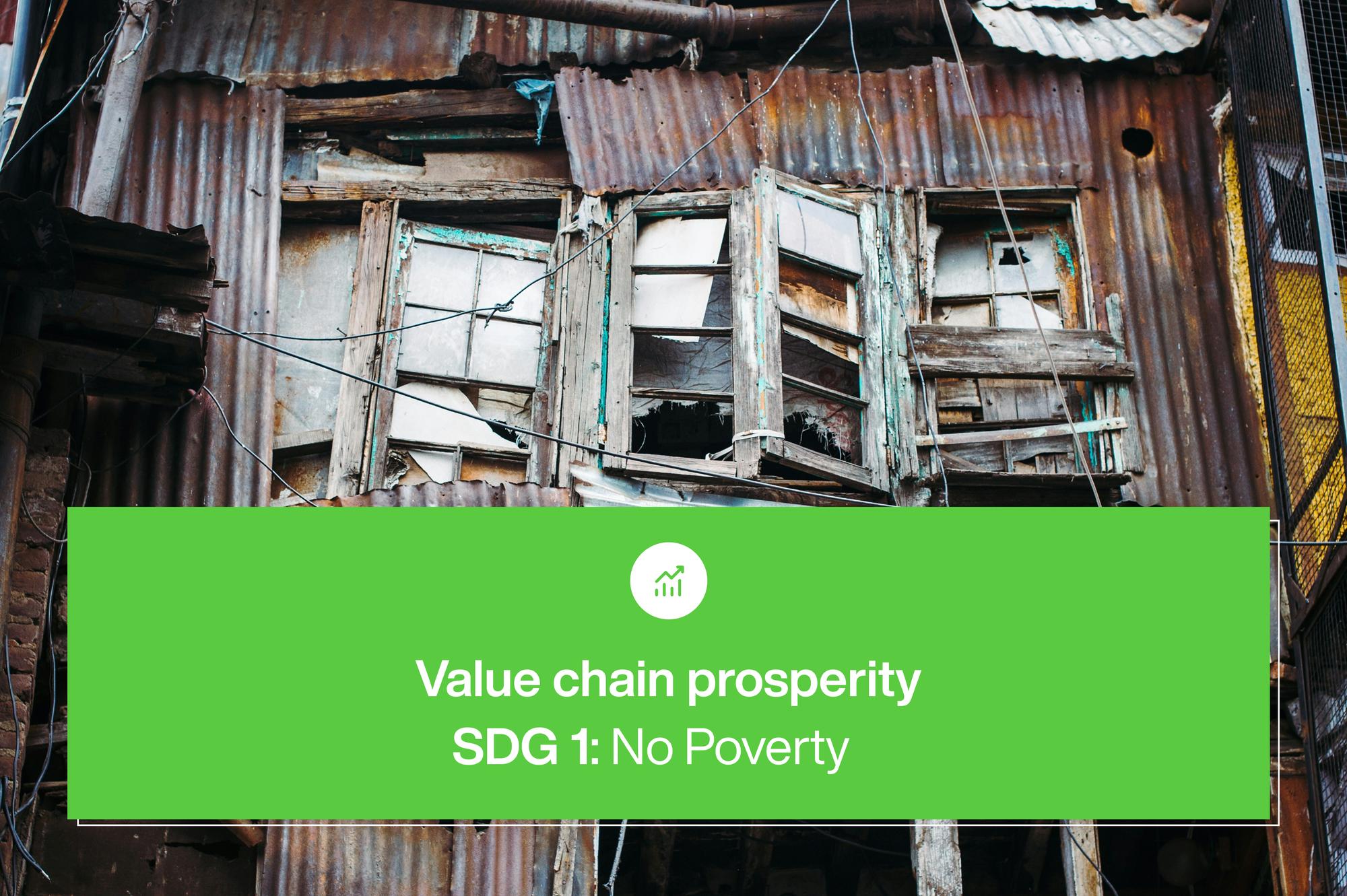
Tracking social and sustainability impact early is a smart move
Creating social impact requires entrepreneurs and founders to slow down and deeply consider the "why" behind their startup, product, and business goals. However, startups move fast, and many entrepreneurs find themselves going after a new milestone, tackling another challenge, and chasing a bigger goal on the horizon.
By tracking social and sustainable impact in the early stage of our growth, Salad Africa is also setting itself up for long-term success. A growing number of investors and partners are looking beyond financial metrics—they want to see real, measurable contributions to economic and social progress.
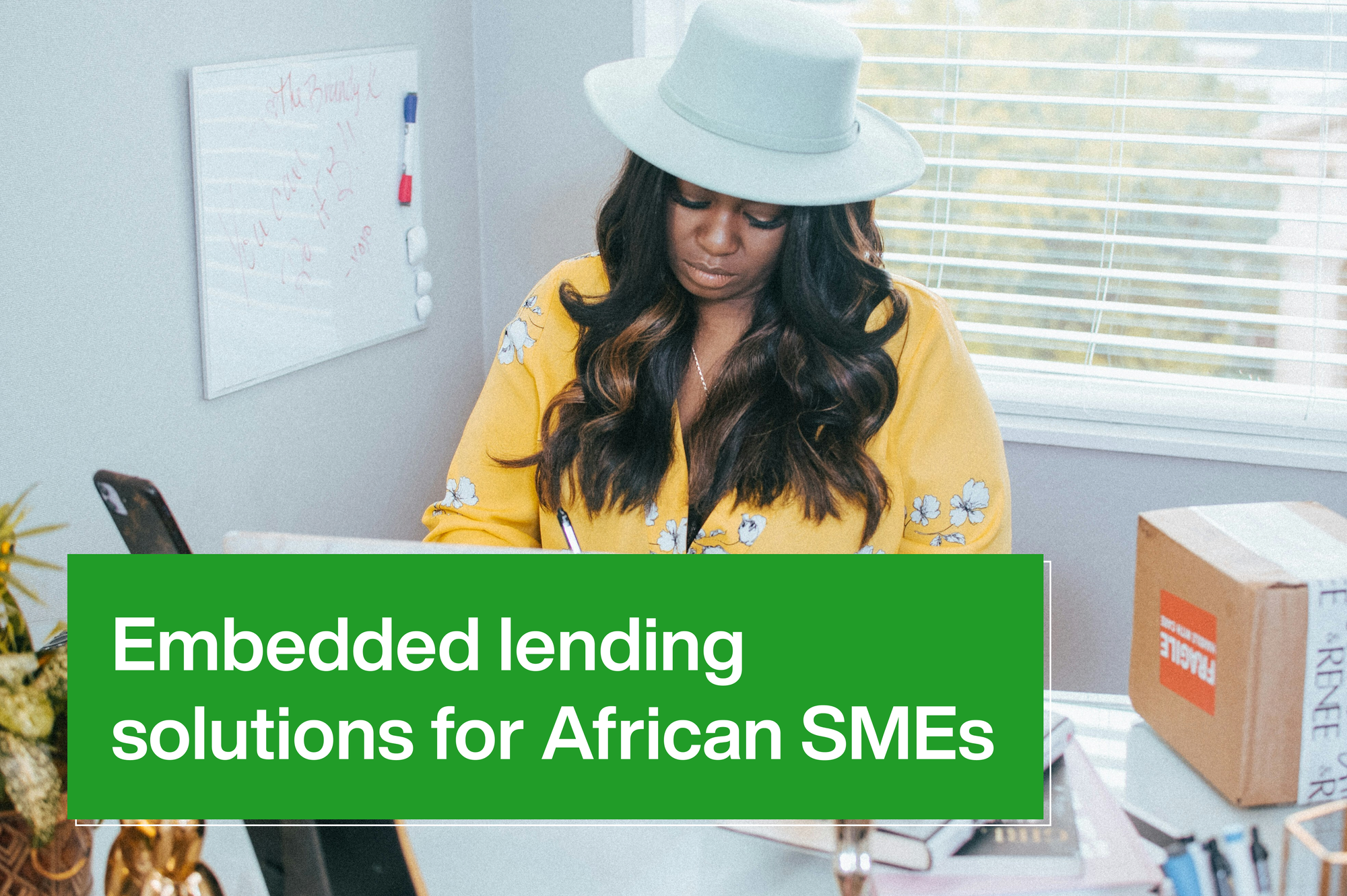
Scaling impact with purpose
Measuring our social impact keeps us accountable, helps us refine our embedded lending services, and validates that what we are building is working and making a real difference for our SME clients, lending partners, and the digital platforms we work with.
To everyone who has supported us—our team, investors, partners, and most importantly, the SMEs trusting us with their growth—thank you. Your belief in what we’re building fuels our mission every day.





